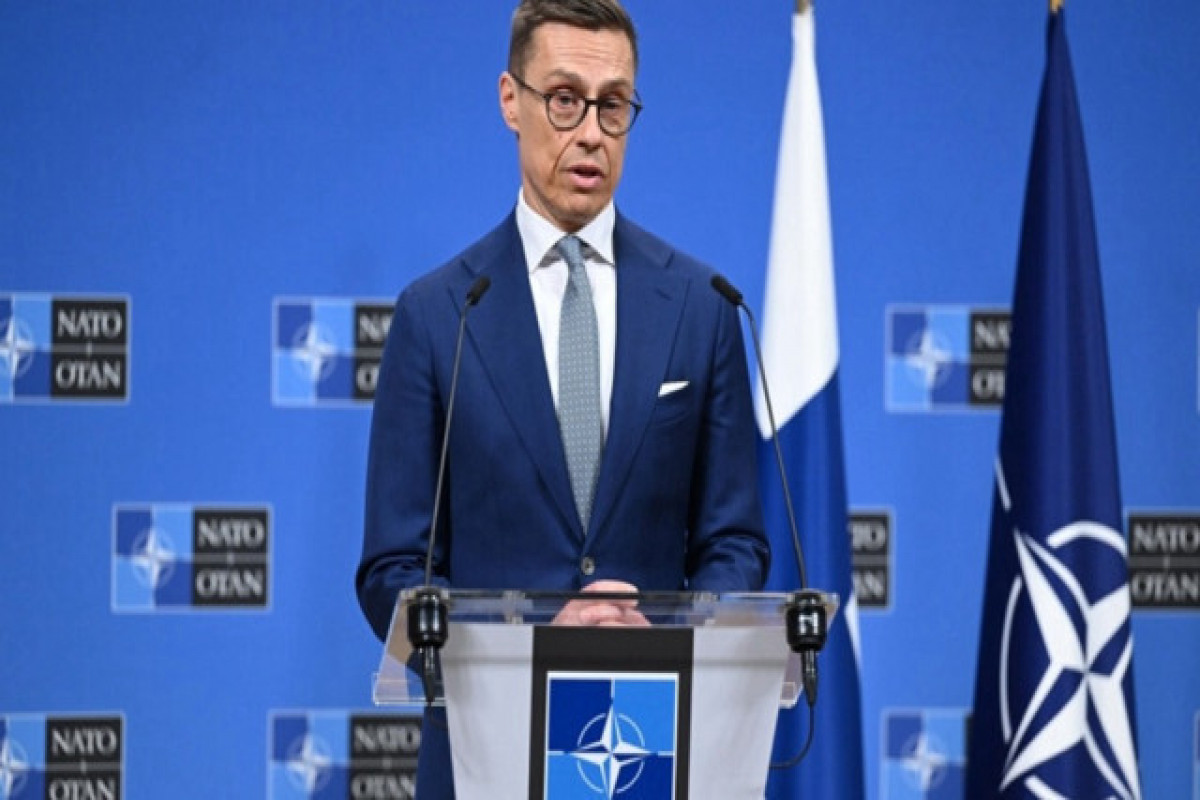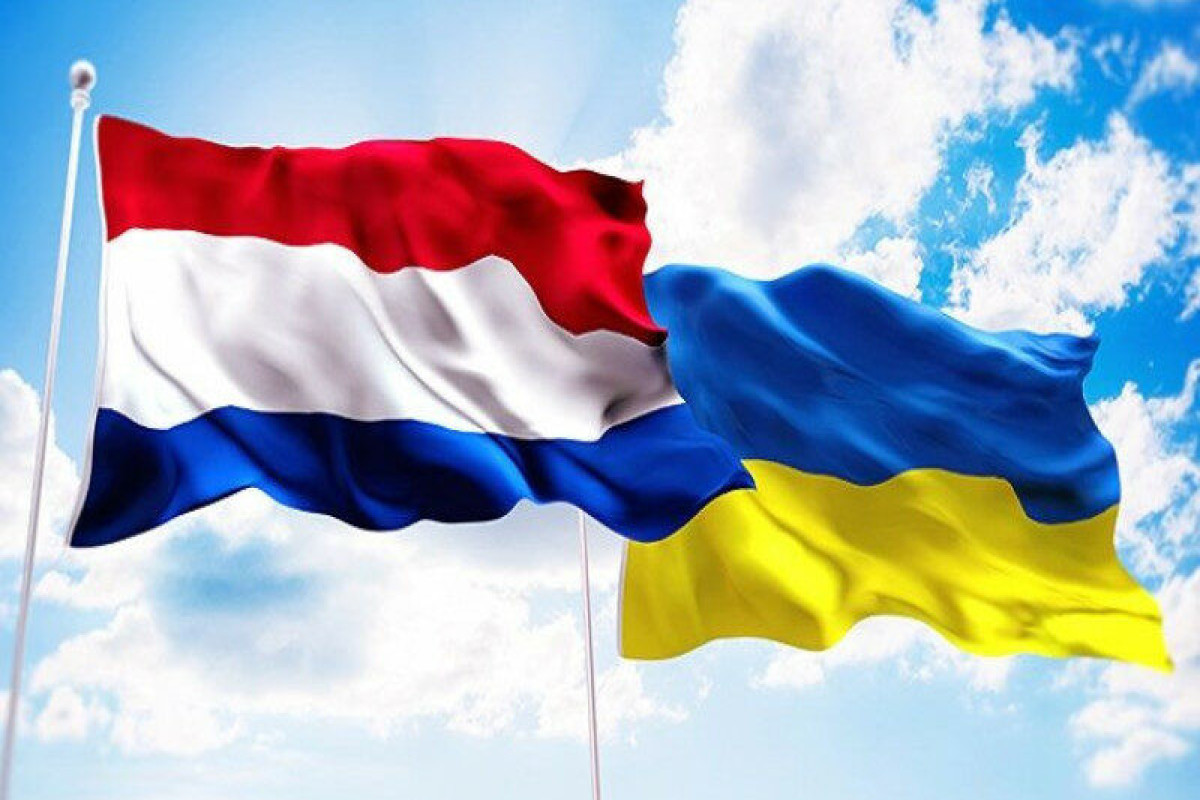European policymakers struck a deal Thursday to sweep away travel barriers among European countries through a digital certificate system, another step toward normalizing global movement after more than a year in which the modern, interconnected world has seemed on pause because of the pandemic, APA reports citing Washington Post.
The agreement seeks to eliminate quarantine requirements for people who can prove they are at low risk of having covid-19 because they are vaccinated, have recently tested negative for the coronavirus, or have already recovered from the disease. The plan will set up a digital certificate system that policymakers hope will make it easy for travelers to prove their status. It will go into effect July 1, although E.U. countries will have another six weeks to implement it if they are not ready by then.
The deal - which is primarily focused on travel inside Europe - is separate from an agreement reached Wednesday to reopen Europe's borders to travelers from outside the bloc. But the goal is to allow all travelers, not just European residents, to connect to the system. The timing of the new system means that vaccinated Americans and others who want to travel to the E.U. before July 1 may still face quarantine requirements, depending on their destination, even though the official ban on travel from outside the bloc is expected to end Saturday, after it received final approval earlier Thursday.
"This will mark summer 2021. It will make all the difference, and we won't be repeating the nightmare of summer 2020," said Juan Fernando López Aguilar, a Spanish lawmaker who helped lead negotiations on behalf of the European Parliament.
"People are going to be able to start thinking of booking holidays, booking hotel rooms, booking family holidays, booking trains," he said. "We have not been able to enjoy that freedom for over a year now."
The streets of Europe fell silent in March 2020, as nations set up bans not only on travel from outside the E.U. but often on travel from one country to another within European borders. It was a grievous blow to the interconnected European world that has developed in recent decades, in which grocery stores see little risk in stockpiling goods in warehouses in other countries, and Romanian farmworkers can easily travel to Germany during planting season.
At their height, the travel restrictions threatened food supplies in parts of Eastern Europe, because trucks were having such a difficult time crossing from one country to the next. By now, most barriers against commercial traffic have fallen away, but people traveling for business or pleasure still often face quarantines of seven or 10 days when they go to another country, even if they have been vaccinated.
The situation has made cross-border tourism all but impossible, even as Europe's vaccination program is speeding up after a slow start. Tourism-dependent countries such as Spain, Italy and Greece have been especially eager to end the restrictions.
"European citizens are looking forward to traveling again, and today's agreement means they will be able to do so safely very soon," European Commission President Ursula von der Leyen said in a statement. The certificate "will make it easier for Europeans to travel - whether to see their families and loved ones or to get some well-deserved rest."
Some European countries are already testing the system of travel passes, which will be known officially as E.U. Digital Covid Certificates. Individual countries will issue the certificates, which will serve as a digital proof of vaccination, a negative test or of recovery from the coronavirus.
But some key details remain unresolved, and the deal set up a structure for the passes while leaving individual countries to sort out the challenges. National health authorities will be responsible for verifying existing proofs of vaccination, many of which are on paper and easily forged. Policymakers have not yet decided how to determine what kind of past coronavirus infection makes a person low-risk.
They ruled out, for now, the antibody tests that have sometimes been used to determine whether a person appears to be immune to the disease, asking the European Center for Disease Prevention and Control to come back to them with a report within 40 days. This means that, for the time being, testing or vaccination may be more important for travel.
All E.U. countries will be required to accept vaccines approved for use in the European Union - which includes all those on the market in the United States, but not Chinese- or Russian-made ones. Individual countries can decide whether to accept other vaccines.
And although countries will retain final say over who is allowed into their borders, the new set of regulations seeks to impose more binding requirements on countries to commit to opening up. It also devotes about $122 million in E.U. funds to reducing the cost of coronavirus tests for citizens, a key demand by E.U. lawmakers.
"The goal is to facilitate free movement and the lifting of all restrictions," Didier Reynders, the top European Commission official in charge of negotiating the system, told reporters.






